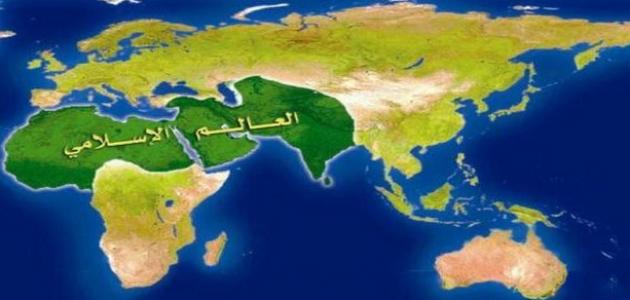Economic Potential of the Islamic World and Challenges of Political Employment

Figures indicate a considerable economic weight, with Indonesia, Turkey, and Saudi Arabia having economies that exceed one trillion dollars, while other Islamic countries like Malaysia and the UAE achieve trade figures reaching hundreds of billions. The wealth is not limited to oil, as the region holds massive phosphate reserves accounting for 80% of the global reserve, in addition to other mineral wealth.
In the energy sector, Islamic countries lead the global scene, with the Middle East set to become the second-largest gas producer in the world by 2025, while Saudi Arabia, Iraq, the UAE, Kuwait, and Iran hold advanced positions in oil production. This energy influence gives these countries an important leverage in international relations, as seen during the oil embargo of 1973 that temporarily shifted the balance of power.
However, these immense potentials face challenges that prevent them from being transformed into effective political power. Economic integration among Islamic countries remains limited, and trade exchanges between them do not match the size of their economies. Additionally, political disagreements and regional divisions limit their ability to form a united front.
The reality indicates that the Islamic world, despite its vast resources, has not yet managed to turn its wealth into a consistently influential soft power in global politics. Economic decisions often remain hostage to narrow national interests and intertwined international alliances.
Can the Islamic world employ its economic potential more effectively? The answer depends on the ability of these countries to overcome their disagreements and build a unified strategic vision, a transformation that requires political will and strategic planning that may be more challenging than the economic challenges themselves.
Islamic countries hold strong cards in the international game, but playing these cards skillfully requires strategic planning that may be the biggest challenge in the coming years.